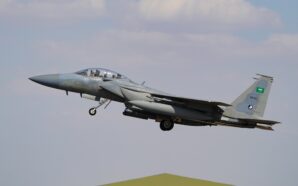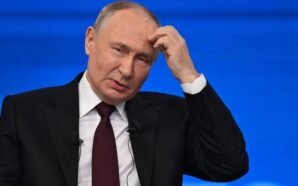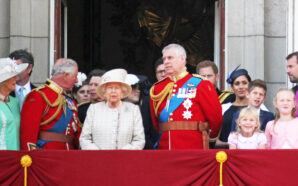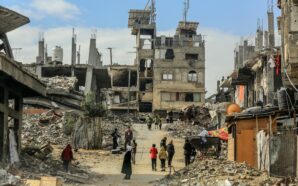
Credit: Unsplash
Summit Focuses on Aid for Ukraine as Internal Divisions Threaten Unified Action
European heads of state are set to engage in a crucial two-day summit with support for Ukraine topping the agenda. The meeting is taking place at a pivotal moment for Ukraine, as President Volodymyr Zelenskyy rallies for international aid in the face of Russia’s ongoing invasion.
Despite the urgency, internal divisions threaten to hinder significant action in support of Kyiv. European Council President Charles Michel, who will chair the summit, emphasized the need for decisive decisions to protect the interests of the European Union by supporting Ukraine.
Approximately 50 billion euros ($54.43 billion) are at stake, with the European Commission proposing this sum for Ukraine between 2024 and 2027. However, opposition from Hungary, including Prime Minister Viktor Orbán’s meeting with Vladimir Putin in October, is currently impeding the disbursement.
The summit will also address the possibility of official negotiations with Ukraine regarding the nation’s potential accession to the EU. Hungary, echoing previous reservations, and other member states like Italy have raised concerns about the enlargement of the EU.
In an interview with CNBC, Ukraine’s Deputy Prime Minister Olga Stefanishyna stressed that the initiation of official negotiations would be a “major guarantee of Ukraine’s sustainability” and called for continued mobilization.
The EU decides to release more than €10 billion of aid earmarked for Hungary, a major win for Prime Minister Viktor Orban ahead of a crucial summit on Ukraine that the nationalist leader is threatening to torpedo https://t.co/bavfmVeyVR
— Bloomberg (@business) December 13, 2023
The gathering comes against a backdrop of diminishing Western support for Kyiv, with nearly a 90% drop in newly committed aid to Ukraine between August and October compared to the same period in 2022, according to data from the Kiel Institute.
Ukraine increasingly relies on a core group of donors, including the U.S., Germany, and Nordic and Eastern European countries, for financial aid and essential weaponry. The recent conflict between Hamas and Israel, coupled with inflationary pressures limiting the ability of Western governments to provide aid, has diverted attention from Kyiv.
Moreover, Russia maintains a military advantage, with Andrius Tursa, Central and Eastern Europe Advisor at consultancy firm Teneo, noting that Russia is rapidly increasing its military output and recruitment efforts.
Recent surveys indicate that a majority of the Russian population supports Putin’s actions in Ukraine, although support is gradually declining. A Levada Center poll revealed that 74% of respondents either fully or partially support the war in Ukraine.
As the summit unfolds, the eyes of the world remain on the European leaders, awaiting collaborative efforts to address the critical situation in Ukraine.
President Biden’s Motorcade Involved in Collision
-
Credit: Shutterstock Ukraine’s intelligence landscape is entering a bold new phase as President Volodymyr Zelenskyy reshuffles the top ranks...
-
Credit: Shutterstock In a decisive move aimed at safeguarding civilians and preserving Yemen’s unity, the Saudi-led Coalition has confirmed...
-
Credit: Shutterstock A towering 24-meter replica of the Statue of Liberty was brought down by powerful winds in southern...
-
Credit: Shutterstock Europe is feeling the chill of more than just winter weather, as a potent strain of flu,...
-
Credit: Shutterstock In a pivotal moment for global diplomacy, Russian President Vladimir Putin is set to meet U.S. special...
-
Credit: Shutterstock Udaipur witnessed a glittering fusion of Hollywood, Bollywood, and high society this week as global icon Jennifer...
-
Credit: Shutterstock Following a horrifying road accident involving Umrah pilgrims on the Mecca–Madinah highway late Sunday night, India is...
-
Credit: Shutterstock The world is reeling from the irony this week after reports confirmed that over 100,000 trees were...
-
Credit: Shutterstock As Hurricane Melissa tore across the Atlantic, shattering records and testing the limits of modern aircraft, a...
-
Credit: Shutterstock Royal Lodge Shake-Up: Andrew and Fergie Plan Their Exit In a development that has stirred fresh waves...
-
Credit: Shutterstock Hamas Violence Sparks Fears of Peace Deal Collapse Amid Growing Power Struggle in Gaza Alarming new footage...
-
Credit: Shutterstock Muswell Hill had a lovely start to the Monday morning. Sunlight danced off the windows, the sky...




















